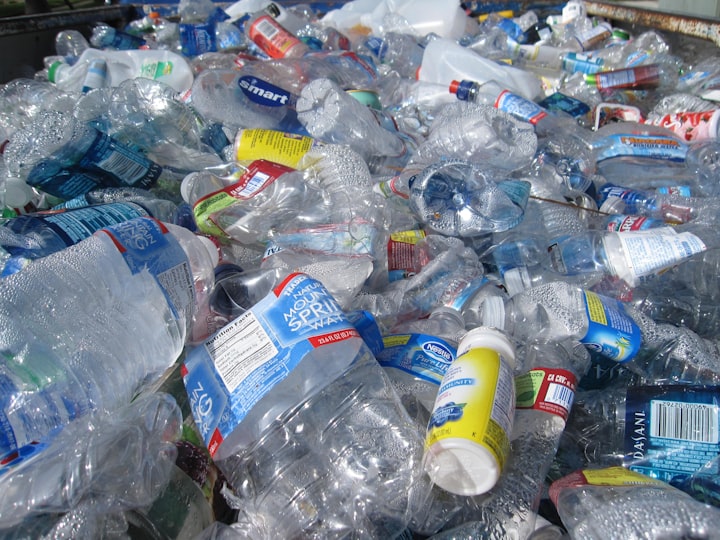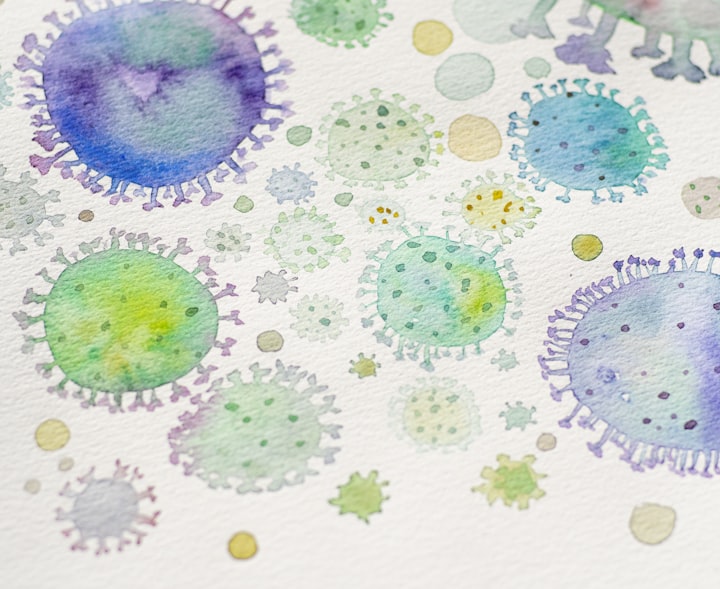Should Plastic Be Banned?
Should Plastic Be Banned?

Recently, whether or not plastic should be banned has not only been raised more than once, but as people have become more aware of the damage to their current environment and there is another interest in saving people's climate in the future, understanding the causes and effects of plastic and plastics. In this discussion we will look at the concept of plastic, its effect on the climate and on the developing debate whether it should be banned. People are constantly remembering that, no matter how harmful plastic is to the weather, it is likely that it will create a destructive climate if we continue to increase consumption. Decreased use of plastic is the best way to prevent waste and the impacts associated with its construction and use. Show Sources
Plastic single-use plastic bags and separate plastics represent 73% of all coastal waste. Plastic bags pollute the shoreline, the water and the seas and harm the creatures and the environment. They also live on the sea, in addition to the Great Pacific Garbage Patch, an 80,000-ton plastic container similar to 500 kind planes, as shown by Ocean Cleanup. Show Sources
Since the start of efforts to combat plastic pollution, local governments and governments in the US have not been able to ban the use of plastic bags. CLF has vowed to authorize package boycott of New England and a few other provinces, and has revealed on past websites many reasons why plastic bags may not be allowed. While these efforts have been successful, little research has been done to address the adequacy of package boycott. Show Sources
The states of New York and Hawaii have passed theirs and are scheduled to produce results by 2020, with the dismantling of sacks in California in 2014 shown a reduction in the use of plastic packages by 85% and customers deciding to charge a deposit with larger plastic sacks. Show Sources
Although the limitation of the use of single-use plastics may not reduce the cultural contamination of microplastics during their life cycle, studies examining the natural effect of a variety of materials, including plastics, paper, texture and clay, have shown that plastic use alone has a preferred natural profile for selected materials. . Restricting the use of plastic alone can reduce pollution, but also reduce the interest of plastic, adding to global environmental change. Show Sources
More and more plastics beat building materials and other materials that can be recycled up to their biological concept. Plastic items such as straws, froth cups and plastic bags are less powerful to make and ship and are an easy way to light metal, clay cups and fabric packs. Show Sources
There is no doubt that some research has found that used consumer shopping bags require about 100 uses because they consume less energy, produce less waste and cause less pollution than other plastic options. Since we have regenerative bags, we should simply reuse them, using them regularly. A Danish government study found that a natural cotton pack should be used more often. Show Sources
Instead of increasing the use of other plastic bags, free plastic bags offered in stores should be prohibited from creating the kind of plastic bags purchased by individuals to play the same share as free plastic bags. Show Sources
A new expert report by the University of Sydney found that the ban on bags in California has led to a moderate increase in paper packets, driving clients to buy fat plastic bags. Experiments recommend that large bags be purchased to replace the use of plastic packets that use the same material, such as containers, to collect organic debris. In experiments, a weighted report stated that 28.5% of plastic bags were reduced after the sacking of the bags, which was matched by a shift in the use of various packets. Show Sources
Bloomberg View has revealed that the most dramatic results are coming from the banning of plastic bags in Austin, Texas. The article goes on to say that the boycott took place in Austin since it ended up banning plastic bags. Show Sources
Fifteen states (Arizona, Colorado, Florida, Idaho, Indiana, Iowa, Michigan, Minnesota, Mississippi, Missouri, North Dakota, Oklahoma, Tennessee, Texas and Wisconsin) have laws banning plastic packets, and urban and provincial areas have developed their own plastic bags at various levels. . Other US urban communities have banned plastic flights, including Malibu, Berkeley, Seattle and Miami Beach. Developments in boycott plastic bags are gaining momentum at meetings around the country despite opposition. Proponents refer to the California plastic packaging law as a sign that different countries can remove plastic bags without harming the local economy and organizations. Show Sources
New Yorkers use 2.3 billion plastic packets a year, authorities say, and many of them are becoming more and more deceptive types of garbage. The ban prohibits many organizations from selling small bags at stores, bodegas, and stores, making New York the third-largest region after California to boycott it, and could change the way millions shop in Oregon, where one filled up last month. From 19 October 2020, the person responsible for collecting the work will not currently distribute plastic bags to their customers, regardless of whether these packages are removed from the Waste Reduction Act. Show Sources
Customers with food stamps and social services are exempted from paper costs. The reason for the strike is to reduce waste, to set aside money and to keep social workers in good working order. Show Sources
New Jersey later passed a law banning single use





Comments
There are no comments for this story
Be the first to respond and start the conversation.